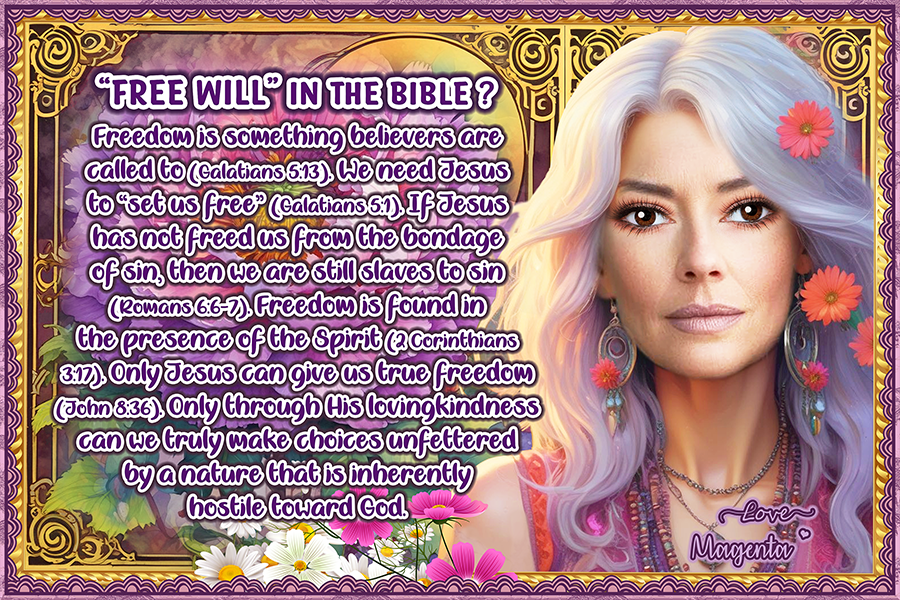Since this is more of a philosophical discussion than theological, why so harsh on Free Will when Compatibilism essentially attempts to reconcile Free Will with Determinism?
Since Free Will and Determinism and Compatibilism are all Philosophical issues with many variations, why so firm a stance on any of them apart from identifying and fully explaining your favored version and acknowledging that you're just going with the flow as in most traditions?
The problem with many of the views here in the forum is that the work from Scripture is lacking in favor of simplistic proof-texting. Moreso these are discussions and arguments from philosophies and theological traditions.
Today is an AI (CoPilot) day for a break in reading or participating in harsh bantering among siblings to whatever degree and it's interesting to see what info it compiles from the minds of men:
Determinism is the philosophical view that
all events, including human actions, are causally inevitable. It suggests that everything happens due to prior causes, meaning that free will may be an illusion.
Types of Determinism
There are several types of determinism, each focusing on different aspects of causality:
- Causal Determinism – The idea that every event is necessitated by previous events and the laws of nature.
- Logical Determinism – Claims that the truth of future events is already fixed, meaning that the future is predetermined.
- Theological Determinism – Argues that God’s divine will determines all events, including human choices.
- Biological Determinism – Suggests that genetics and biological factors predetermine human behavior.
- Psychological Determinism – States that human actions are determined by past experiences, conditioning, and mental states.
- Economic Determinism – Proposes that economic forces shape human decisions and societal structures.
- Nomological Determinism – Holds that natural laws govern all events, making them inevitable.
- Fatalism – A more extreme version, arguing that no matter what choices people make, their fate is sealed.
Determinism is often contrasted with
indeterminism, which suggests that some events occur
randomly or by chance.
Compatibilism is the philosophical view that
free will and determinism can coexist without contradiction. It argues that even if all events, including human decisions, are determined by prior causes, people can still make
meaningful choices.
Types of Compatibilism
There are several variations of compatibilism, each offering a different way to reconcile
free will with
determinism:
- Classical Compatibilism – Rooted in the ideas of David Hume and Thomas Hobbes, it defines free will as the ability to act without external constraints.
- Modern Compatibilism – Developed by philosophers like Harry Frankfurt, it introduces the concept of higher-order volitions, where people act freely when their desires align with their deeper values.
- Semi-Compatibilism – Proposed by John Martin Fischer, it argues that moral responsibility can exist even if free will does not.
- Theological Compatibilism – Found in Calvinist theology, where God's sovereignty and human responsibility coexist, affirming predestination while maintaining voluntary choices.
Each type of compatibilism offers a unique perspective on how
free will and
determinism interact.
Free will is the ability of individuals to make choices that are
not entirely determined by external forces, prior causes, or divine predestination. It is a central concept in
philosophy, psychology, and theology, often debated in relation to
determinism.
Types of Free Will
There are several perspectives on free will, each offering different interpretations:
- Libertarian Free Will – Asserts that human choices are not determined by prior causes, allowing for true autonomy.
- Compatibilist Free Will – Holds that free will and determinism can coexist, meaning choices are voluntary but still influenced by prior causes.
- Theological Free Will – Found in religious traditions, where free will is seen as God-given, allowing individuals to choose faith or reject it.
- Scientific Free Will – Examines free will through neuroscience and psychology, questioning whether human decisions are truly independent.
- Political Free Will – Explores free will in the context of social structures, laws, and personal freedoms.

1

